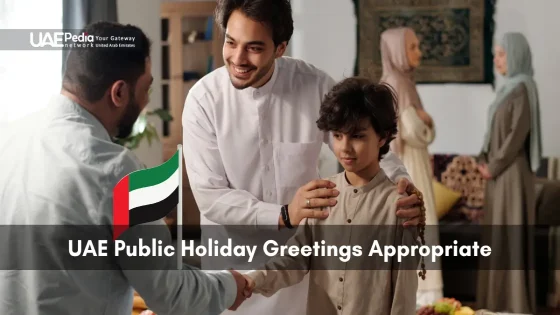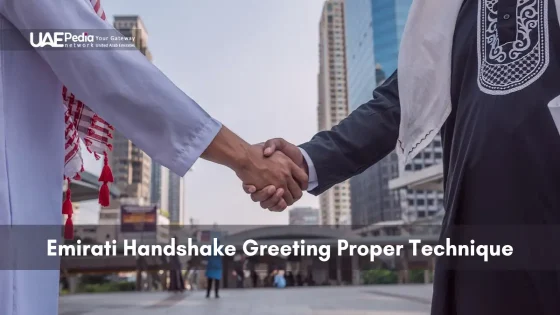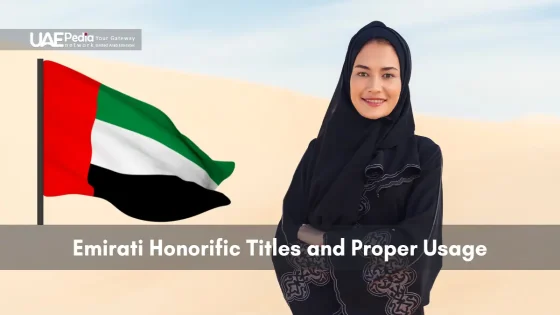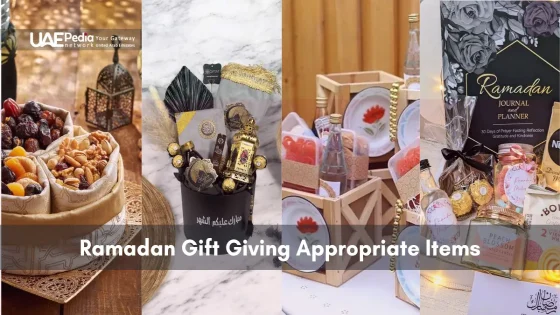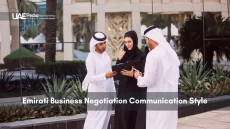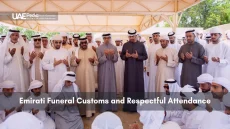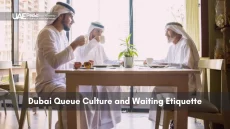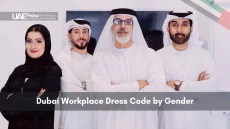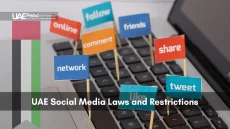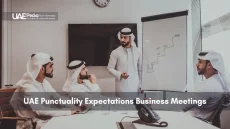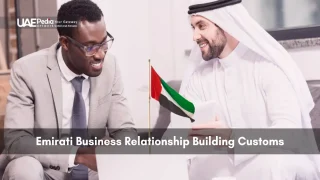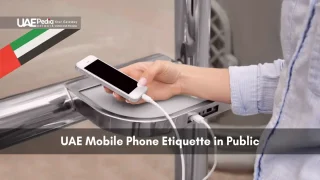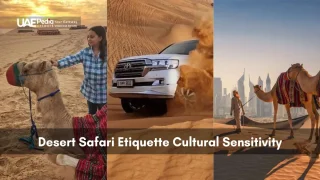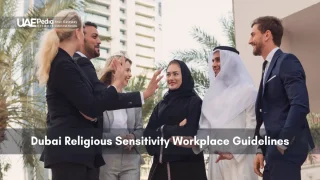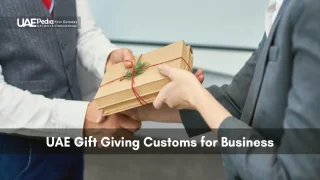What if the Eid Mubarak you’ve heard everywhere only scratches the surface of meaningful holiday exchanges? Across bustling souks and quiet desert gatherings, the Emirates’ celebrations pulse with layered linguistic traditions waiting to be discovered.
This guide isn’t about memorizing phrases—it’s about understanding the heartbeat behind them. We’ll walk through mosques where Blessed Eid echoes off marble arches, family breakfasts where laughter blends with ancient祝福 (blessings), and community events where every greeting carries generations of heritage.
You’ll learn why certain phrases resonate deeper during specific moments, how to match your words to the occasion, and which regional variations honor local customs. No phrasebook fluff—just authentic insights from morning prayer gatherings to sunset feasts.
- Decode the historical roots behind popular expressions like Eid Mubarak
- Discover context-specific greetings used in homes versus grand celebrations
Understanding UAE Public Holiday Greetings Appropriate
Greetings here are more than words—they’re threads weaving past and present. In Dubai’s glittering malls and Abu Dhabi’s shaded courtyards, these exchanges pulse with centuries of Bedouin hospitality and modern cosmopolitan energy. Think of them as cultural handshakes: warm, intentional, and rich with unspoken history.
Significance in the Culture
Festive phrases act like social glue. During Eid or national celebrations, saying “Taqabbal Allahu minna wa minkum” (May Allah accept from us and you) isn’t just polite—it’s a shared prayer. These words bridge generations, echoing in homes during family gatherings and booming across stadiums at fireworks displays.
Communities thrive on these moments. A shopkeeper’s “Eid Saeed!” to customers or a child’s giggled greeting to grandparents carries the same purpose: stitching people closer through ritualized warmth.
Historical and Spiritual Context
Many greetings trace back to trade routes and pearl-diving eras. Sailors would return with “Kullu am wa antum bi-khair” (May every year find you in wellness), blending hope with relief. Today’s “Blessed Eid” nods to both Islamic traditions and the Emirates’ rapid evolution.
Spirituality breathes through these phrases. The common “Allah yebarik feek” (May God bless you) turns casual chats into mini-benedictions. It’s not about religion alone—it’s about acknowledging life’s fragility and celebrating togetherness while you can.
Read More:
Exploring Popular Eid Greetings and Their Meanings
Ever wondered why “Eid Mubarak” feels like the tip of a linguistic iceberg? Across the Emirates, these phrases bloom like desert flowers after rain—each petal revealing deeper layers of connection. Let’s unpack the phrases that color morning hugs, spice up feasts, and linger in twilight prayers.
Traditional Phrases: Eid Mubarak and Beyond
The classic “Eid Mubarak” (Blessed Festival) roots itself in Islamic tradition, but its cousins add flavor. North African communities might say “Aid Mabrouk”, while Gulf locals often prefer “Kullu aa’min wa antum bikhair”—a mouthful meaning “May every year find you in wellness”. This phrase whispers tales of pearl divers praying for safe returns, now repurposed for modern joy.
Another gem: “Eid Saeed” (Happy Eid). Simple, bright, and versatile—like sunlight bouncing off Burj Khalifa. These words thrive in texts to coworkers or shouts across crowded markets.
Cultural Nuances and Variations
Listen closely during breakfast feasts. An aunt might murmur “Taqabbal Allahu minna wa minkum” (May Allah accept our good deeds), turning syrup-drenched pancakes into spiritual moments. Meanwhile, teens swap playful regional dialects like secret handshakes.
- Longevity wishes: Phrases like “Min al-aydeen” (From one Eid to the next) bundle hope for future celebrations
- Peace pledges: “Eidak mubarak wa kullu sana wa inta tayyib” ties blessings to yearly renewal
In communal prayers, greetings become synchronized chants. At home, they’re whispered over coffee cups. Each variation—whether poetic or practical—stitches families tighter while honoring ancestral roots.
Arabic and English Holiday Wishes in the UAE
Picture morning prayers where “Eid Saeed” blends seamlessly with “Happy Eid!”—a linguistic dance reflecting the Emirates’ cultural mosaic. This bilingual exchange turns breakfast feasts into language labs, where sticky dates meet multilingual warmth.
Common Arabic Expressions and Their Translations
Classic phrases carry layered meaning. The ubiquitous “Taqabbal Allahu minna wa minkum salih al-a’mal” translates to “May Allah accept our good deeds and yours”—a communal prayer whispered between bites of ma’amoul cookies. Compare this to the breezy “Eid Saeed” (Happy Eid), perfect for quick texts to coworkers.
- “Kullu am wa antum bi-khair”: “May every year find you in wellness” – ideal for elders
- “Allah yebarik feek”: “May God bless you” – works for cashiers and cousins alike
Customized English Messages for Every Recipient
English adapts like chameleon henna. For bosses: “Wishing you a prosperous day filled with joy.” For nieces: “Eid Mubarak! Save me some luqaimat!” Notice how greetings wishes shift formality while keeping heart.
- Colleagues: “May this special day bring renewed energy”
- Grandparents: “May Allah grace your home with endless blessings”
Younger residents often mix both languages: “Eid Mubarak, habibi! Let’s hit the fireworks!” This linguistic layering mirrors the Emirates’ identity—tradition and modernity sharing one plate of harees.
“Check Out: Ramadan Workplace Etiquette for Non Muslims“
Celebrating Eid in the UAE: Traditions and Public Holiday Insights
Imagine cities glowing with golden lights as families stock up on saffron-infused desserts. The air hums with anticipation—schools close, offices pause, and streets transform into communal stages. This is Eid in full swing, where ancient rhythms meet neon-lit skylines.
Timing Your Celebrations Right
Extended breaks during this period let everyone recharge. Most residents enjoy 3-4 days off, aligning with moon sightings confirmed by authorities. Smart planners use this window for desert camping trips or reunions with loved ones.
| Holiday Element | Typical Schedule | Local Highlights |
|---|---|---|
| Prayer Times | Sunrise gatherings | Al Farooq Mosque’s courtyard prayers |
| Fireworks | Nightly displays | Bluewaters Island light shows |
| Feast Prep | Morning family meals | Harees (wheat-and-meat porridge) cooking sessions |
Where Communities Collide
Neighborhoods burst into life after sunset. You’ll find:
- Henna artists sketching intricate patterns at pop-up stalls
- Kids trading Eidi (gift money) for light-up toys
- Food tents serving luqaimat (sweet dumplings) near cultural stages
“Eid here feels like the whole city becomes one family—even strangers share dates and stories.”
Restaurants roll out special menus featuring machboos (spiced rice) while malls host traditional ayyala dance performances. The blend of spiritual reflection and playful energy creates moments that stick in memory like camel-hair glue.
Unique Greeting Phrases Beyond ‘Eid Mubarak’
Ever felt your Eid exchanges could use a dash of poetry? Beyond the familiar phrases lie linguistic gems that turn casual wishes into heartfelt moments. Let’s explore expressions that spark curiosity and deepen connections.
Less Common Arabic Salutations
In Abu Dhabi’s historic Al Ain Oasis, elders might greet you with “Asakum min awada” (May you celebrate many returns). This phrase, often used in coastal communities, weaves longevity into every syllable. Another regional treasure: “Eidkom mubarak wa antum fi kheir” (A blessed celebration while you’re in goodness), blending祝福 with present-moment gratitude.
Poetic nods thrive too. “Tuhbat al-ayyam” (May days be renewed) whispers hope during family gatherings, while “Alf mabrouk” (A thousand congratulations) amplifies joy like confetti bursts. These phrases aren’t just words—they’re heirlooms passed through generations.
Modern, Casual Wishes for Youth and Friends
Gen-Z and millennials remix traditions. A text might read: “Eid Saeed ya habibi! Let’s crush some luqaimat later?” Or try “Chill Eid, bro!”—a laid-back twist perfect for brunch plans. Hybrid phrases like “Eid Mubarak and good vibes only!” bridge Arabic roots with global slang.
- For inside jokes: “May your feast coma be light!”
- For besties: “Sending you a Eid hug emoji in real life!”
“My crew uses ‘Eid Flame’ to hype up plans—it’s our code for epic desert bonfires.”
Whether sharing filled happiness with loved ones or crafting viral-worthy wishes, these phrases transform routine exchanges into cultural keepsakes. The key? Match the mood—traditional eloquence for elders, playful creativity for peers.
Personalizing Your Eid Greetings: Tips and Creative Ideas
What transforms a routine Eid Saeed into a memory that lingers? The secret lies in crafting messages that mirror shared histories while honoring timeless traditions. Let’s explore how to weave your unique voice into seasonal exchanges.
Crafting Heartfelt Messages for Family and Colleagues
Start with classic phrases like “Eid Mubarak”, then layer in personal touches. For parents: “May your table overflow with the same love you’ve always shown us.” Colleagues appreciate: “Wishing you renewed energy—you’ve earned this break!”
Include specific memories. That cousin who burnt last year’s harees? “Hope the oven behaves this time!” adds humor only your circle understands. For handwritten notes, sketch henna patterns around Arabic calligraphy.
Incorporating Traditional and Contemporary Elements
Blend ancestral wisdom with modern mediums. Record voice messages using phrases like “Taqabbal Allahu”, then pair them with GIFs of lantern-lit souks. Create playlists mixing nasheeds with family laughter clips.
- Text grandparents: “Your prayers guide us—Eid Saeed from across the miles!”
- Surprise neighbors: Leave date boxes tagged with “Shared sweetness for shared joy”
“I add childhood photos to digital cards—my aunts cry happy tears every time.”
These tailored approaches turn used Eid exchanges into bridges between generations. Whether through emoji-filled texts or heirloom recipes shared with wishes, authenticity makes every greeting feel like sunrise after a desert night.
Embracing the Festive Spirit: Sharing Joy and Warmth
Festive moments here transform strangers into temporary family—where a neighbor’s “Eid Saeed!” and a coworker’s handwritten note become threads in the region’s cultural fabric. Whether exchanging sweets at desert bonfires or laughing through henna-artist pop-ups, every interaction fuels collective joy.
Thoughtful messages act as social glue. A quick text to employees acknowledging their hard work, or a video call with parents sharing childhood memories, bridges distances. Even simple phrases like “May your table overflow with laughter” carry weight during community gatherings under starlit skies.
From bustling souk festivals to intimate family feasts, these exchanges remind us that prosperity isn’t just material—it’s the warmth of shared experience. The spirit lives beyond formal events: surprise friends with homemade luqaimat, or leave gratitude notes for delivery drivers.
Your words, whether whispered or shouted across fireworks, stitch tighter bonds. So this season, let your message be a mirror—reflecting hope, gratitude, and the unshakable truth that here, joy multiplies when passed around like dates on a silver platter.
Eid greetings like "Eid Mubarak" reflect the UAE’s emphasis on unity, generosity, and shared joy. They’re woven into family gatherings, workplace exchanges, and community events—bridging traditions with modern multicultural life.
Absolutely! Try "Eid Saeed" (Happy Eid) or "Kullu Am Wa Antum Bi-Khair" (May you be well every year). For English speakers, "Blessed Eid" or "Wishing you peace this Eid" blend warmth with cultural respect.
Many mix both—using "Eid Mubarak" alongside personalized English phrases like "May your Eid shine bright!" It’s common to add local flair, such as mentioning desert stars or Abu Dhabi’s fireworks in messages.
Beyond family feasts, cities host *Eid in the Park* events, night markets, and charity drives. Public spaces like Dubai Creek or Al Majaz Waterfront light up with henna stalls and live Arabic music performances.
Yes! Younger crowds often say "Eid Vibes Loading!" or share GIFs with phrases like "Eid mode: Eat, Pray, Repeat." Just keep it respectful—avoid humor that might clash with the holiday’s spiritual roots.
Mention shared projects or gratitude: "Eid Mubarak! Your leadership made this year shine—here’s to festive days ahead!" Pair it with dates or Arabic coffee for a thoughtful touch.
Try "Ya Umma/Ya Baba, Eidakum Mabrouk! Your love fills every day with joy"—mixing Arabic terms for "mom" and "dad" with gratitude. Add emojis like 🌙 or 🌟 in texts for extra warmth.
